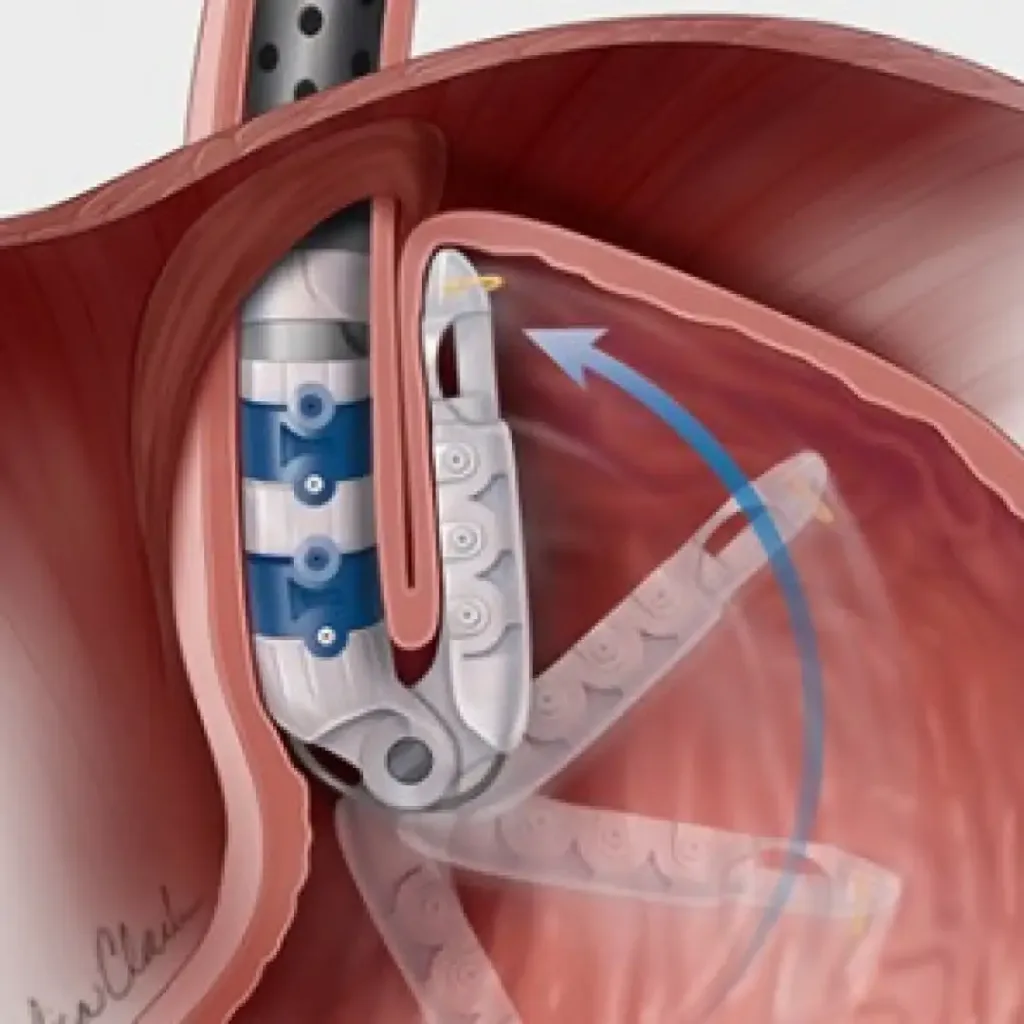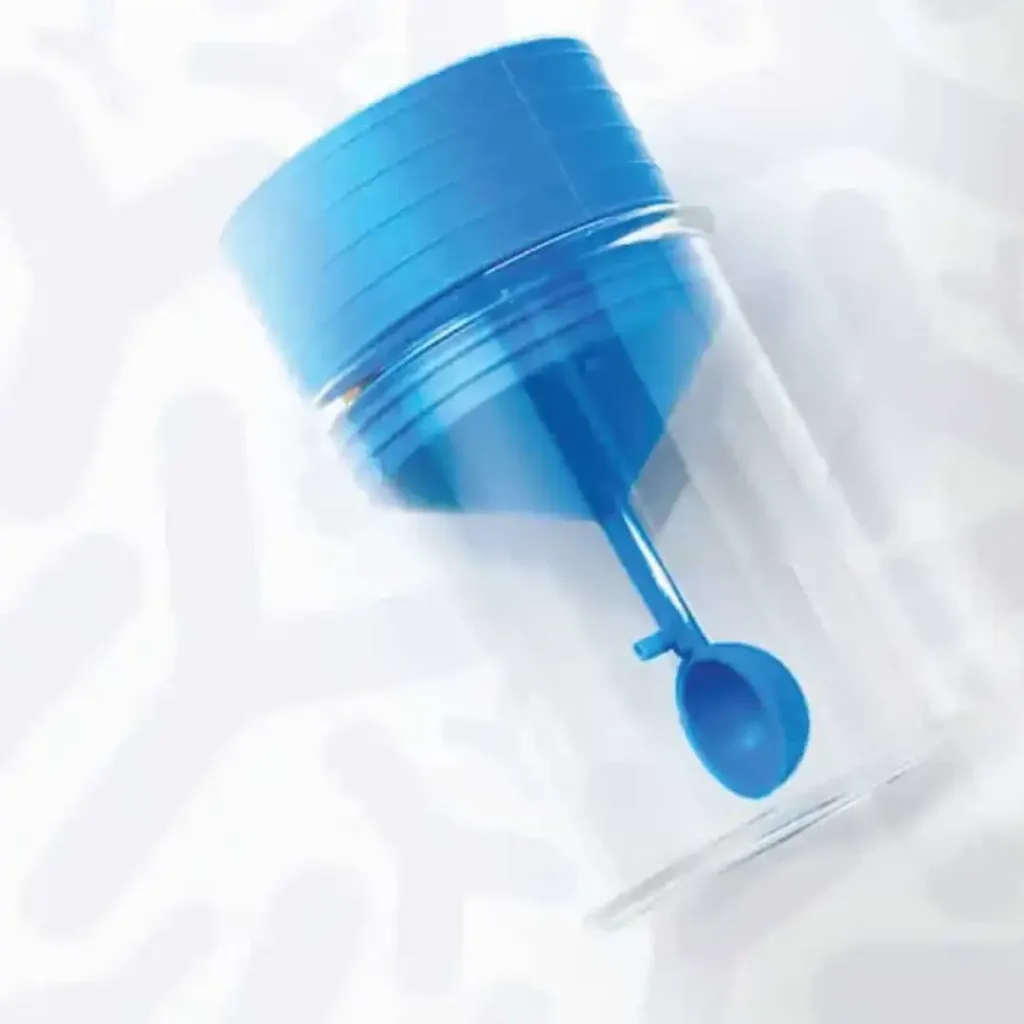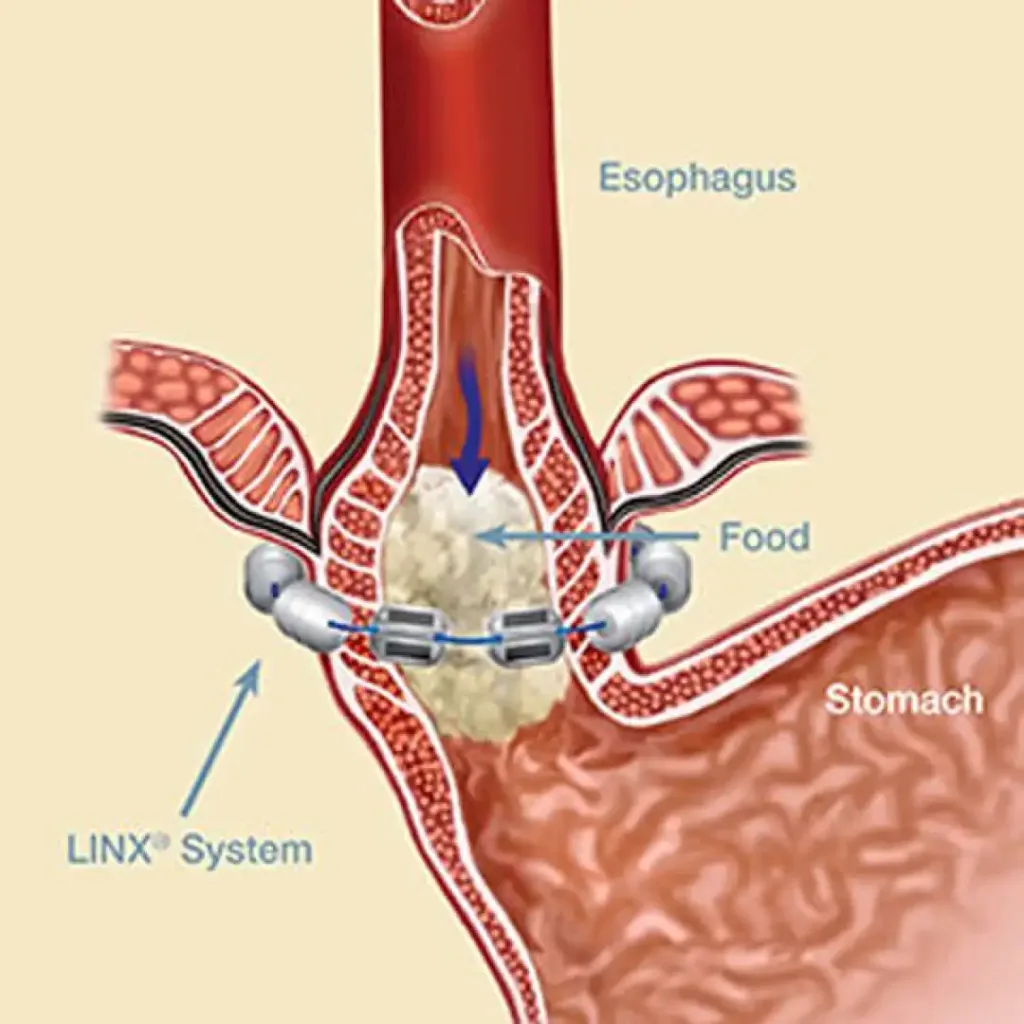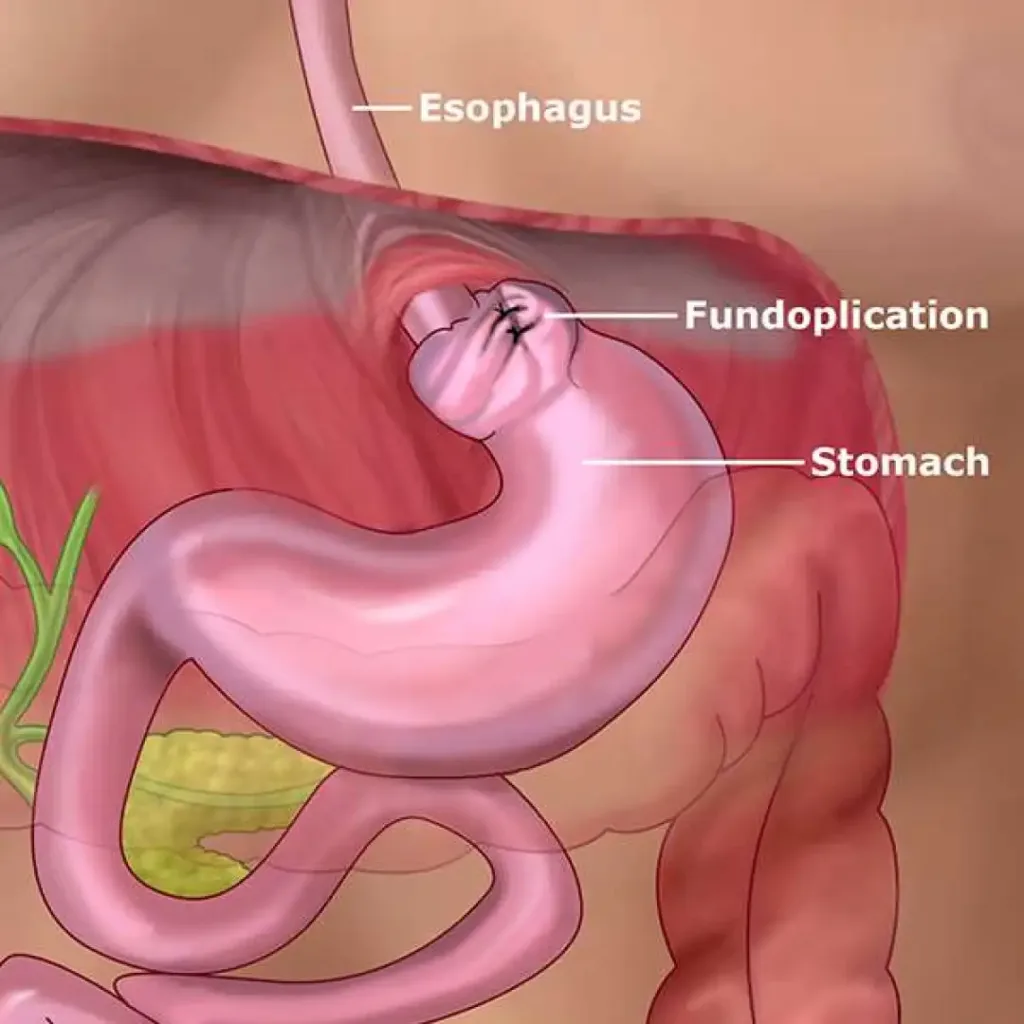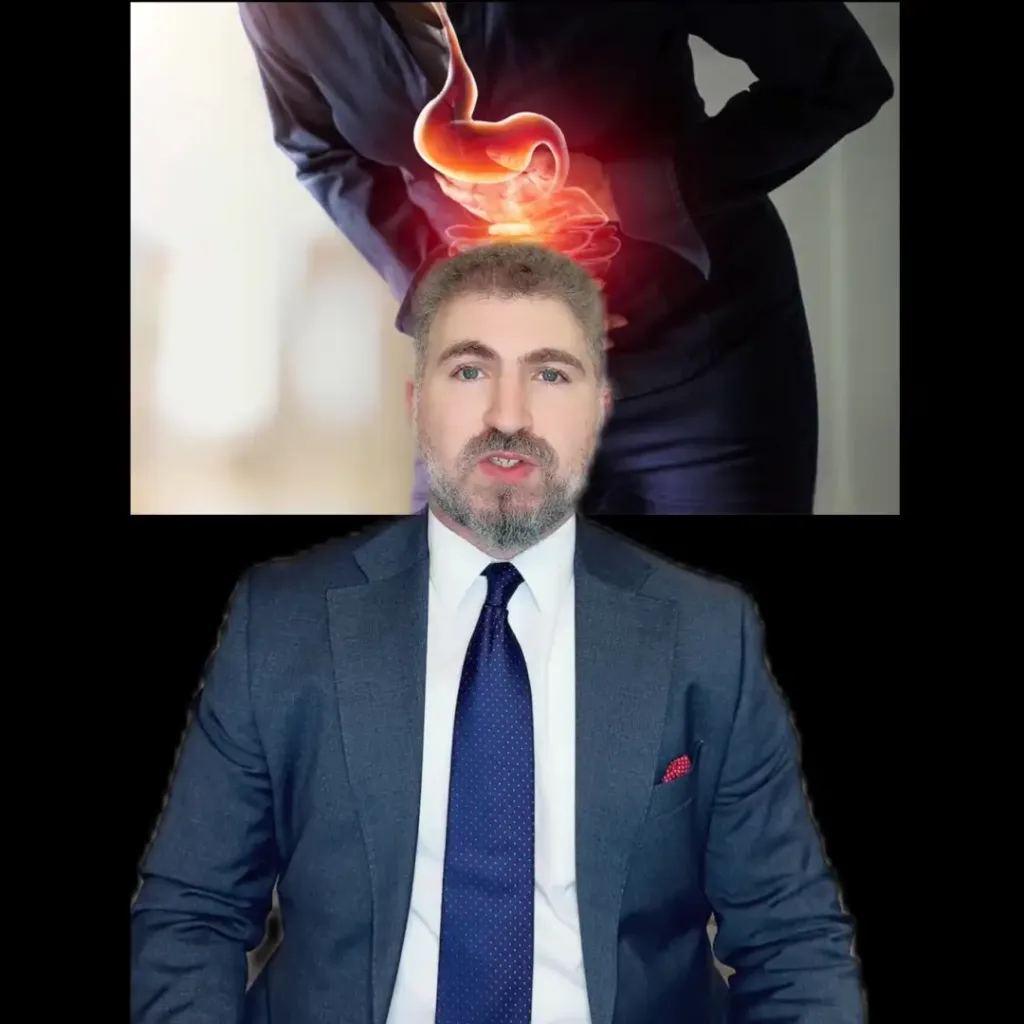TIF: A New Non-Surgical Option for GERD
Gastroenterology
TIF: A New Non-Surgical Option for GERD
For those suffering from chronic acid reflux and GERD, a new minimally invasive procedure called transoral incisionless fundoplication (TIF) offers an innovative treatment without the need for major surgery.
The TIF technique is performed entirely through the mouth with an endoscope, without incisions. During the outpatient procedure, the surgeon creates a valve between the stomach and esophagus by gathering and stitching together folds of tissue. This recreates the body’s natural antireflux barrier to prevent acid from washing back up into the esophagus.
TIF is performed under general anesthesia and typically takes less than an hour. Most patients go home the same day and can resume a normal diet within a few days. Studies show TIF can significantly reduce dependence on acid reflux medications for many patients.
Compared to more invasive laparoscopic anti-reflux surgery, TIF has a quicker recovery, no external incisions, and preserves the patient’s natural anatomy. For appropriately selected patients, TIF is a safe and effective new endoscopic treatment to restore the gastroesophageal valve and control GERD symptoms.
Schedule an appointment
TIF: A New Non-Surgical Option for GERD Read More »

